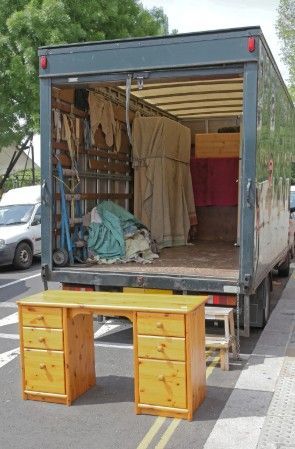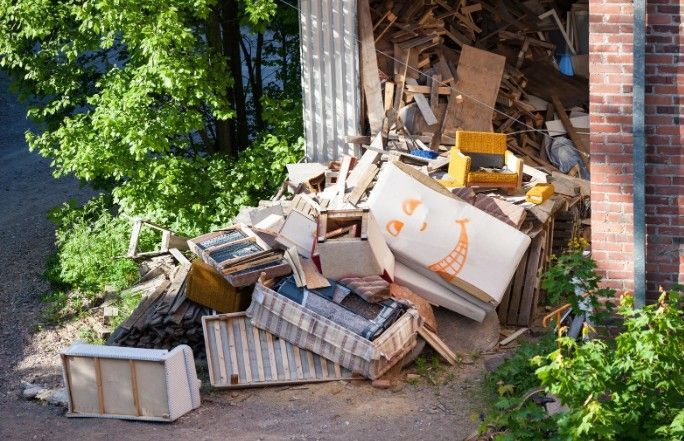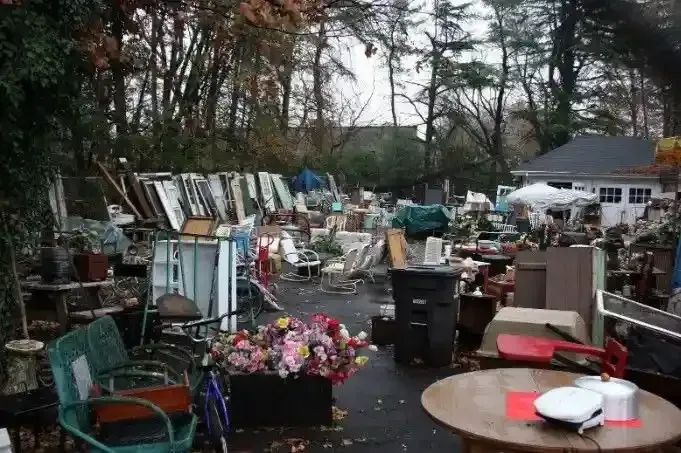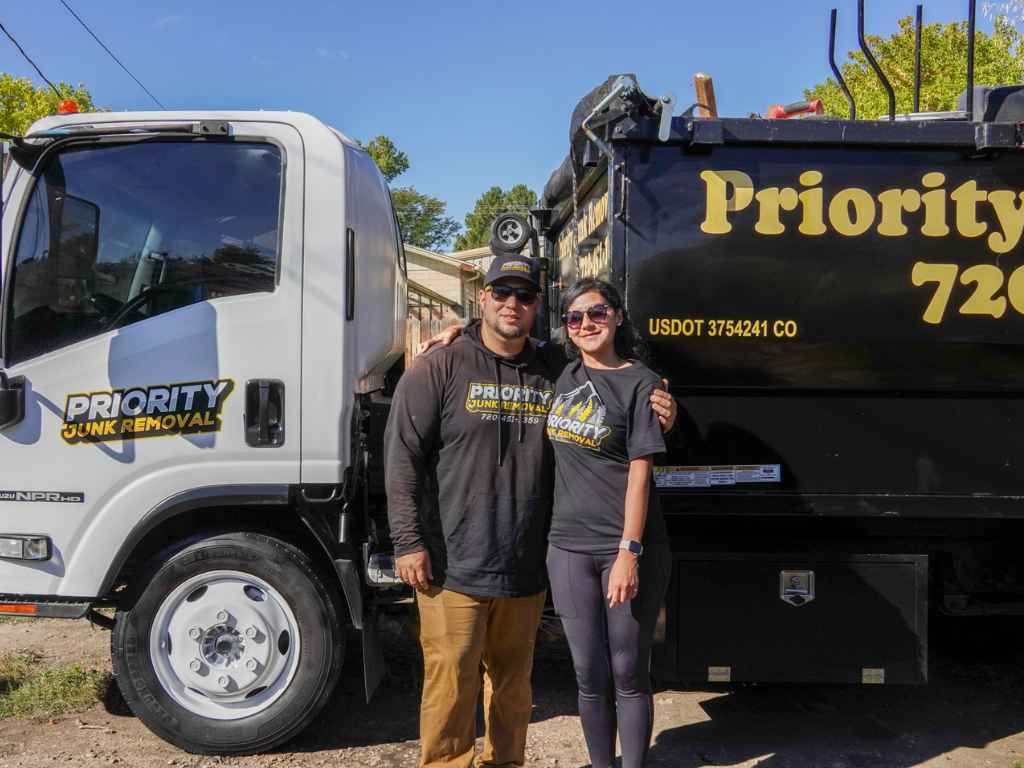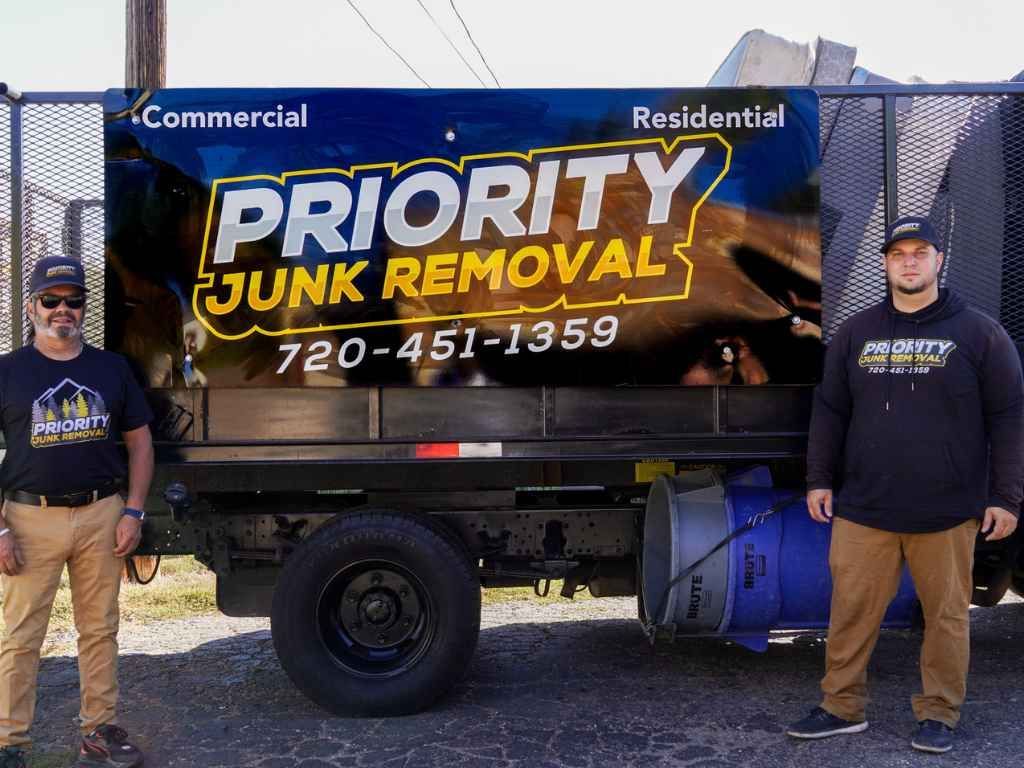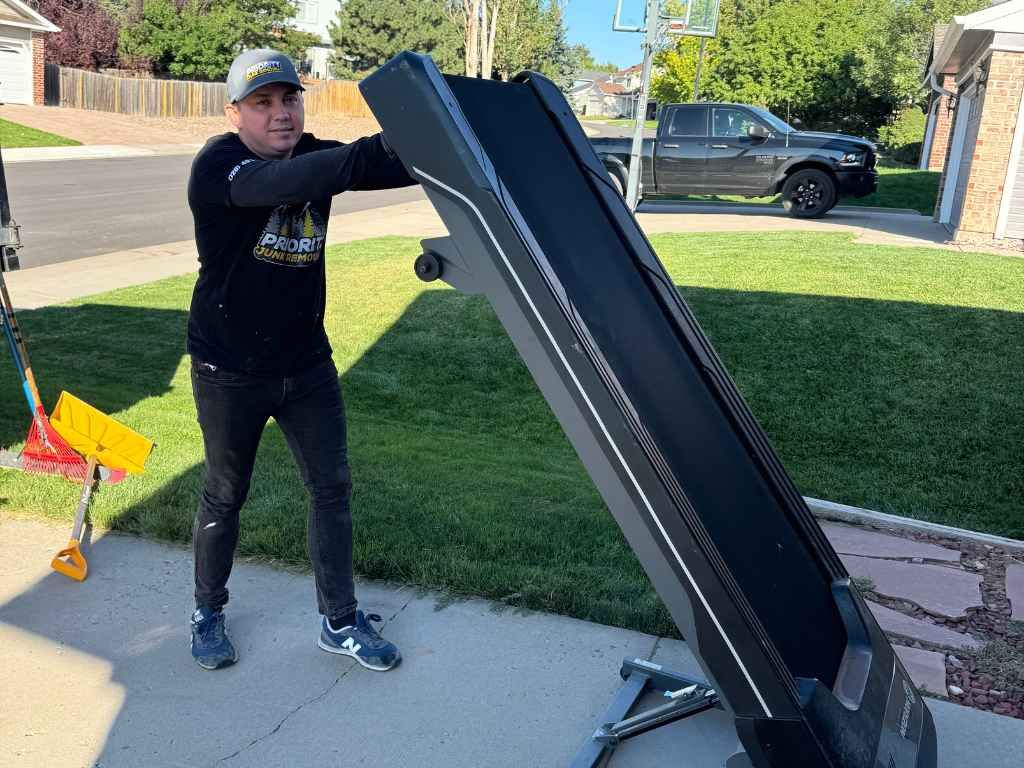How to Handle Dumpster Overflow Cleanup
When you’re in the middle of a home renovation, large-scale cleanout, or spring cleaning project, the sheer amount of debris and unwanted items can quickly overwhelm even the largest dumpster. Overflowing dumpsters are a common issue that can not only impede the progress of your project but also create potential safety hazards. Whether it's from extra waste, unforeseen messes, or improperly packed trash, dumpster overflow is a problem that requires immediate attention. In this guide, we’ll explore the causes of dumpster overflow, how to manage it, and most importantly, how to efficiently clean it up.
Understanding Dumpster Overflow
Dumpster overflow happens when the volume of waste placed in the dumpster exceeds its capacity. This can occur in various scenarios, from home renovations to landscaping projects or large events. When it happens, trash spills over the sides of the dumpster, creating an unsightly mess. Overflow also exposes you to the risk of fines from waste management services, safety concerns, and unnecessary delays in project timelines.
Overflow is often more than just an inconvenience. It can lead to additional complications, such as unwanted pests, potential accidents from sharp objects, or even legal troubles if waste ends up on neighboring properties. Understanding the root causes of dumpster overflow and how to handle it properly can save you time, money, and hassle.
Causes of Dumpster Overflow
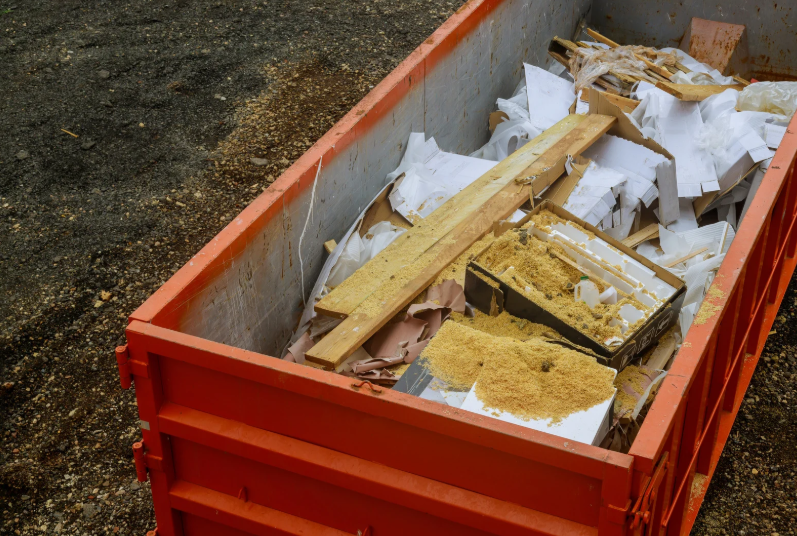
Underestimating the Dumpster Size
The most common cause of dumpster overflow is misjudging the amount of waste your project will generate. Many people either don’t know how much debris they’ll have or simply opt for the smallest dumpster to save on costs. As the project progresses, they may find themselves in need of additional space, but by then, it’s too late, and the dumpster is already overfilled.
Improper Packing
Another culprit of dumpster overflow is improper packing. Many people tend to throw items into the dumpster haphazardly, without considering how to maximize the available space. Leaving gaps and stacking items inefficiently can easily lead to overflow, especially when dealing with bulky or awkwardly shaped items.
Unexpected Waste Generation
Certain projects, like home renovations or cleanouts, can quickly generate more waste than originally anticipated. You might think you’ve packed the dumpster to its capacity, only to realize that extra waste continues to accumulate. If you’re renovating an entire room, replacing flooring, or tearing down drywall, the debris might take up more room than expected.
Overloading Beyond Capacity
A dumpster has a maximum weight limit, not just a volume limit. If you overload the dumpster with heavy materials such as concrete, dirt, or metal, you risk exceeding the weight capacity, which can result in overflow, tipping, or even equipment damage during collection. Some materials, such as hazardous waste or specific construction debris, may require specialized handling, adding another level of complexity to your cleanup.
Weather and Environmental Factors
If you're storing a dumpster outdoors, weather can play a significant role in overflow. Rain or snow can add weight and volume to the waste inside the dumpster, making it more likely to spill over. Wet materials are heavier, and compacting them down may be more difficult, leading to an unsightly mess around the dumpster site.
Preventing Dumpster Overflow
While dumpster overflow can be frustrating, there are ways to prevent it before it happens. Proper planning, the right dumpster size, and efficient packing can save you a lot of time and effort. Here are some preventative tips to keep in mind:
Choose the Right Dumpster Size
One of the most crucial steps in avoiding dumpster overflow is choosing the right dumpster size. Before you rent a dumpster, take the time to estimate the amount of waste your project will generate. Dumpster rental companies often provide calculators or estimators that help you choose the most suitable size for your needs. Keep in mind that it's often better to overestimate slightly than to find yourself dealing with overflow halfway through your project.
- Pack the Dumpster Efficiently: Maximizing space is key to preventing overflow. Instead of throwing items in randomly, take a few moments to organize the waste as you load it. Start by placing larger, bulkier items at the bottom, and fill in the gaps with smaller items. Compact items like bags of debris and broken pieces of furniture can be packed tightly to reduce unused space.
- Consider Renting a Larger Dumpster: If you're unsure how much waste your project will produce, consider renting a dumpster that’s slightly larger than what you initially think you'll need. A bigger dumpster can provide extra capacity for unexpected waste, giving you peace of mind and eliminating the risk of overflow.
- Monitor Waste Generation Throughout the Project: Keep an eye on the waste accumulation throughout the course of your project. If you notice that your dumpster is nearing capacity earlier than expected, don’t wait until it overflows—contact your dumpster rental service to schedule a swap or add a second dumpster. Staying proactive can help you avoid a messy situation.
- Avoid Overloading: When loading your dumpster, always keep an eye on its weight limit. Avoid placing excessively heavy materials like concrete, brick, or dirt without consulting with your dumpster rental service first. If you plan to dispose of heavy items, ask if they require special handling or a heavier-duty dumpster to ensure that you don’t overload your container.
Cover the Dumpster When Necessary
If your project is outdoors and you're concerned about rain or wind contributing to overflow, consider covering the dumpster with a tarp or a solid lid. This will help protect the contents from the elements and prevent debris from spilling out due to weather conditions.
- Use Dumpsters with Built-in Weight Monitoring: Some dumpster rental companies offer dumpsters equipped with weight sensors. These sensors alert you when the dumpster is getting close to its weight limit. This can be a helpful feature for ensuring that you don’t go over the weight capacity and avoid overflow.
- Cleaning Up Dumpster Overflow: If you've found yourself dealing with a dumpster overflow, don’t panic. Cleaning up the mess might take a little extra effort, but with the right approach, you can handle it effectively. Here are the steps to clean up dumpster overflow.
- Stop Adding Waste Immediately: The first step when you notice a dumpster overflowing is to stop adding waste. Continuing to add more debris will only make the situation worse and could potentially lead to additional fines or delays.
- Secure the Area: If the overflow has spilled into surrounding areas, take steps to secure the perimeter. Use barriers or caution tape if necessary to prevent people from coming too close to the debris, especially if there are sharp or dangerous objects involved. If there’s a significant risk to the safety of others, consider reaching out to local authorities for assistance.
- Gather Necessary Cleanup Supplies: For smaller spills, you may be able to clean up the overflow using simple tools like a broom, shovel, or rake. For larger debris, you may need to use heavy-duty equipment, such as a loader or skid steer.
Use a Cleanup Crew If Needed
If the spill is extensive or involves hazardous waste, calling a professional cleanup crew is often the smartest and safest solution. Large spills can pose significant health and safety risks, especially if they involve chemicals, biohazardous materials, or sharp debris. Professional cleanup crews have the training and equipment to handle these situations quickly and effectively.
They’ll assess the extent of the damage, use proper protective gear, and follow safety protocols to prevent further contamination or injury. Many dumpster rental companies offer cleanup services as part of their package, but you can also hire a specialized junk removal service.
Dispose of Waste Properly
After clearing the area, it’s crucial to make sure the waste is disposed of properly. Different types of waste require different handling methods, especially if hazardous materials are involved. For example, electronics, batteries, and chemicals should never be mixed with general waste.
Recyclables like plastic, glass, and paper need to be separated from landfill waste to ensure they can be processed correctly. If you’re dealing with biological waste or construction debris, you may need to contact a specialized disposal service to comply with local regulations.
Schedule a New Dumpster Pickup
Once the cleanup is complete, it’s time to address the original dumpster situation. If the dumpster is still usable but overflowing, contact the rental company to schedule a pickup or request a swap for a larger dumpster. Overloaded dumpsters can pose safety hazards, attract pests, and create an unsightly mess, so it’s best to resolve the issue quickly.
If the dumpster has been damaged or if the contents have spilled due to overloading, you may need to arrange for a replacement. Some dumpster rental companies offer flexible pickup schedules and size upgrades, which can help prevent future overflow issues.
Conclusion
Dumpster overflow can be a frustrating and challenging problem, but with the right planning and action, you can avoid and manage it effectively. By choosing the correct dumpster size, packing it efficiently, and monitoring the amount of waste throughout the project, you can prevent overflow from derailing your cleanup efforts. In the event that overflow does occur, taking swift action to clean up and address the issue will ensure that your project stays on track.
If you find yourself in need of a professional solution to handle dumpster overflow cleanup or any other junk removal needs, reach out to Priority Junk Removal. Based in Littleton, Colorado, we provide efficient, reliable, and hassle-free junk removal services to help keep your space clean and safe. Contact us today for more information or to schedule a dumpster pickup.

